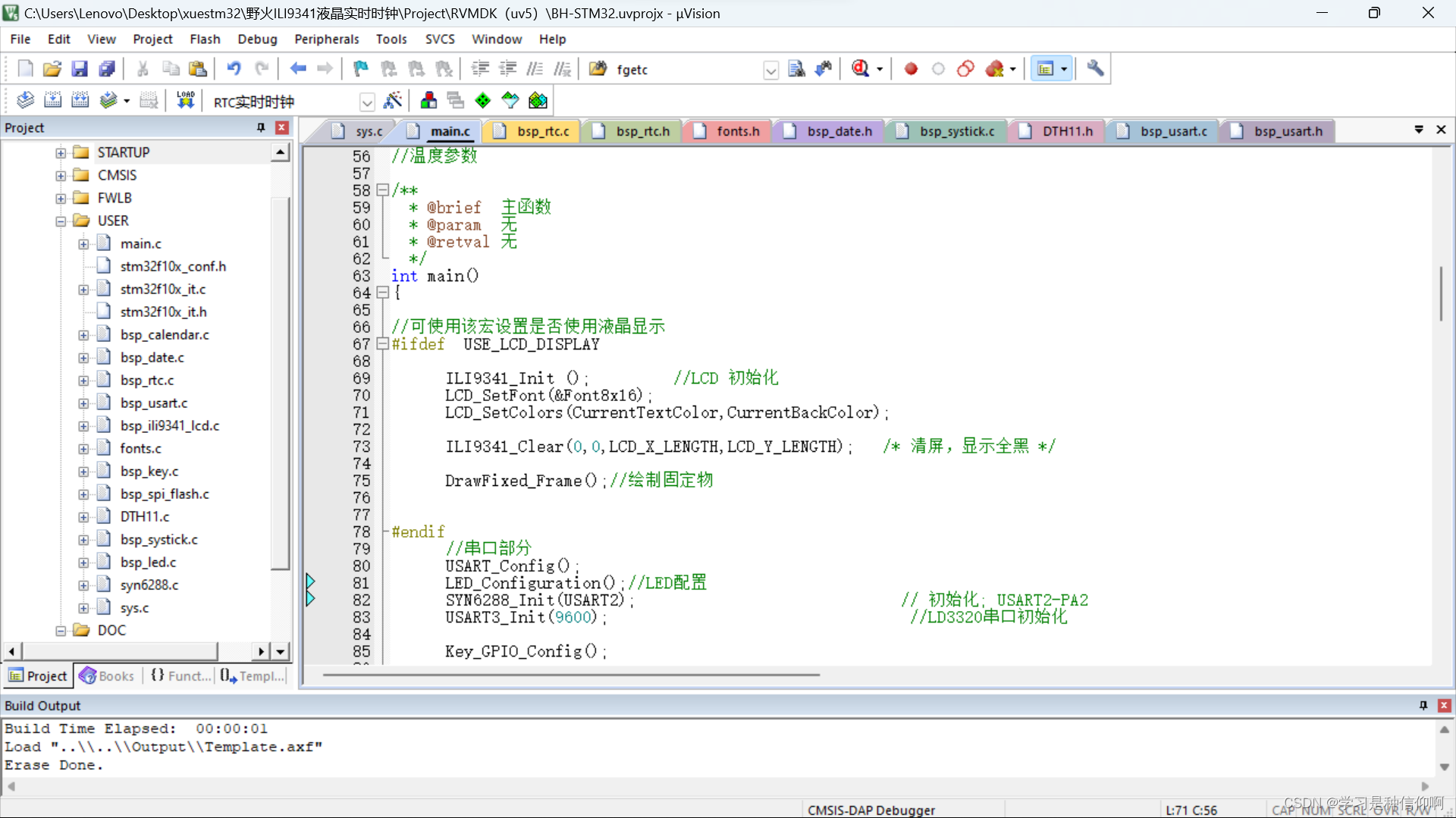Exercise 1_3_34
package com.chapter_one;import java.util.Iterator;import java.util.Random;/**** API** @author LuodiJack RandomBag() 创建一个随机背包 boolean isEmpty() 判断随机背包是否为空 int*size() 背包中元素数量 void add(
·
package com.chapter_one;
import java.util.Iterator;
import java.util.Random;
/***
* API
*
* @author LuodiJack RandomBag() 创建一个随机背包 boolean isEmpty() 判断随机背包是否为空 int
* size() 背包中元素数量 void add(Item item) 添加一个元素
* 提示:用数组保存所有元素并在迭代器的构造函数中随机打乱它们的顺序。
*/
public class RandomBag<Item> implements Iterable<Item> {
private int N = 0;// size
private Item[] a;// entries
private int last = 0;// the last element
@SuppressWarnings("unchecked")
public RandomBag() {
a = (Item[]) new Object[5];
}
public boolean isEmpty() {
return N == 0;
}
public int size() {
return N;
}
private void resize(int len) {
@SuppressWarnings("unchecked")
Item[] tmp = (Item[]) new Object[len];
for (int i = 0; i < a.length; i++) {
tmp[i] = a[i];
}
a = tmp;
}
public void add(Item item) {
if (last == a.length) {
resize(2 * a.length);
}
a[last++] = item;
N++;
}
public Iterator<Item> iterator() {
return new RandomBagIterator();
}
private class RandomBagIterator implements Iterator<Item> {
private int i = 0;
@SuppressWarnings("unchecked")
private Item[] tmp=(Item[])new Object[N];
private void exchangeValue(int fir, int sec){
Item item=a[fir];
a[fir]=a[sec];
a[sec]=item;
}
private void randomIndex(){
Random randomIndex=new Random();
int n=N;
for(int j=0;j<N;j++){
int index=randomIndex.nextInt(n);
tmp[j]=a[index];
exchangeValue(n-1, index);
n--;
}
}
public RandomBagIterator() {
randomIndex();
}
public boolean hasNext() {
return i<N;
}
public Item next() {
return tmp[i++];
}
}
}
更多推荐
 已为社区贡献1条内容
已为社区贡献1条内容








所有评论(0)